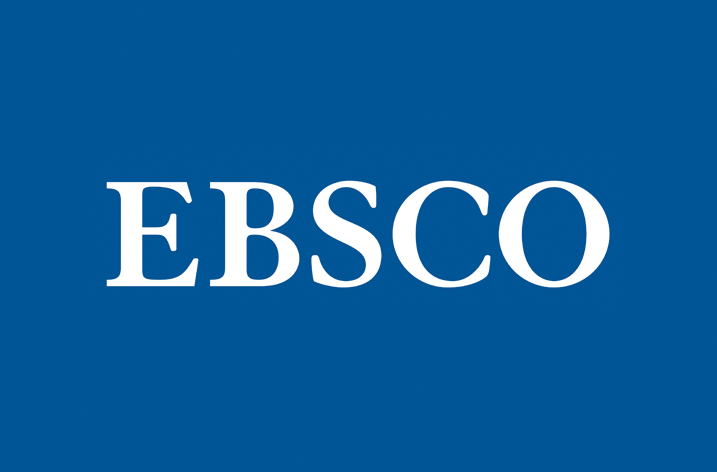
Most academic researchers and research authors say they are using artificial intelligence (AI) tools in their research practice, despite concerns over the loss of critical thinking skills, respect for intellectual property (IP) rights, and mistrust in AI providers.
We recently conducted a survey of over 2,000 researchers across geographies, subject disciplines—including Humanities, STM, and Social Sciences—and different career stages to hear directly from the research community about how they are reacting to and using AI in their work.
The results reveal the key considerations in researchers’ decisions to engage with AI, including what excites and concerns them, and how they already use—or plan to use—tools already available to them.
At OUP, we are committed to supporting academic researchers in harnessing AI to improve research outcomes and help to protect their role by working closely with technology providers to define clear principles for future collaboration.
Speaking about the research, David Clark, Managing Director of our Academic division, said:
“Throughout OUP’s history we have embraced new opportunities offered by technological advancement—in line with our mission to publish rigorous, high quality academic resources—responding to the needs of the academic community, while ensuring that the scholarship we publish remains valued and protected.
“This research will help us to understand how researchers are thinking about AI and its use in their work. As these technologies continue to rapidly develop, our priority is in working with research authors and the broader research community to set clear standards for how that evolution should take place.”
Speaking on OUP’s commitment to supporting the research community, David Clark added:
“This is a fast-moving, complex area—but we strongly believe that publishers like OUP are well positioned to act as a bridge between research authors and tech providers, making a real difference as these tools continue to evolve.
“We are actively working with companies developing LLMs, exploring options for both the responsible development and usage, to not only improve research outcomes, but also recognize the vital role that researchers have—and must continue to have—in an AI-enabled world.”
From June 2024, we will be hosting a series of webinars to delve deeper into the topics covered in our research, bringing together academic research authors from across the world to discuss how those in the research community can work together to build a sustainable, AI-enabled future.
You can read more on this topic from David Clark in his article for Times Higher Education on how academic publishers and AI companies do not need to be enemies, and his blog on how publishers are uniquely positioned to advocate for the protection of researchers and their research within LLMs.
Full report – https://corp.oup.com/news/how-are-researchers-responding-to-ai/
























